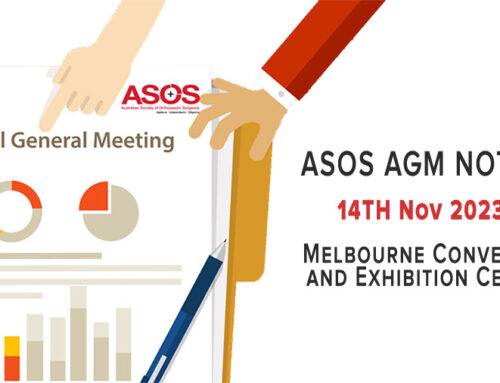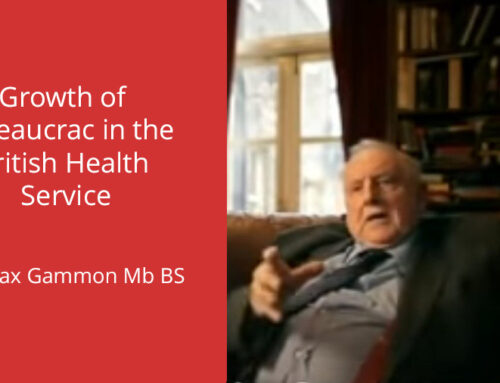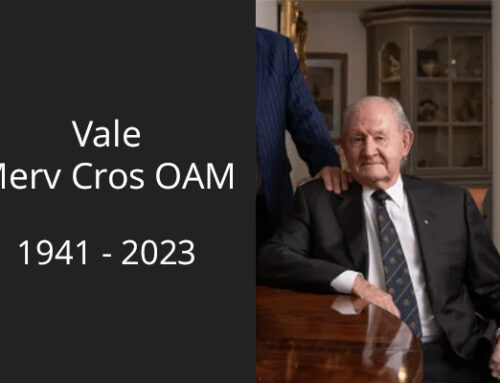“The decision to reduce the number of orthopaedic surgeons from 6 to 3 (+ 1 trainee) at Sydney Hospital and not to re-appoint 2 experienced orthopaedic surgeons at Sutherland Hospital was short-sighted and bad for patients who work, visit or live in the inner city and Sutherland Shire”, NSW Chairman of ASOS Dr Jim Sullivan, said in Sydney today.
It also flies in the face of statements by NSW Minister for Health Mr Hatzistergos that the profession was not training enough surgeons.
The NSW Health Department is progressively “dancing away” from elective orthopaedic surgery in public hospitals while whistling the tune that services are simply being reorganised for greater efficiency. The reality is longer waiting lists and reduced training opportunities for young orthopaedic surgeons.
“Sydney Hospital had an excellent orthopaedic staff. It was looking after a growing inner city, residential population, tourists, a significant indigenous population and city workers. Now this is to be gutted and patients sent to other hospitals which are already under pressure. The London bombings demonstrated the importance of inner city hospitals”, Dr Sullivan said.
Dr Sullivan said, “Two orthopaedic surgeons at Sutherland Hospital were paying the price because they only wanted to work at Sutherland Hospital. The Area Health Service wants to break the link between doctors and hospitals and have a more “flexible” workforce with doctors working at a number of public hospitals at the same time. This raises the issue of doctors being expected to be at two places at once. We hear comments by hospital administrators “that the surgeon can go to the patient or the patient can go to the surgeon”. We are no means convinced that this is safe practice and have advised the department accordingly.”
When orthopaedic positions are reduced, training also suffers. Orthopaedic trainees need experienced orthopaedic teams to work with and be supervised by.
“There is no shortage of orthopaedic surgeons in our public hospital system. The shortage is in the constant reductions in elective theatre time and implants imposed by public hospital administration in order to balance their budget. This is despite the fact that Australian taxpayers are putting $18 billion p.a. into our public hospital system nationally or $1000 p.a. for every person in Australia. If experienced clinicians are willing to work in our public hospital system they should be applauded, not shown the door”, Dr Sullivan said.





